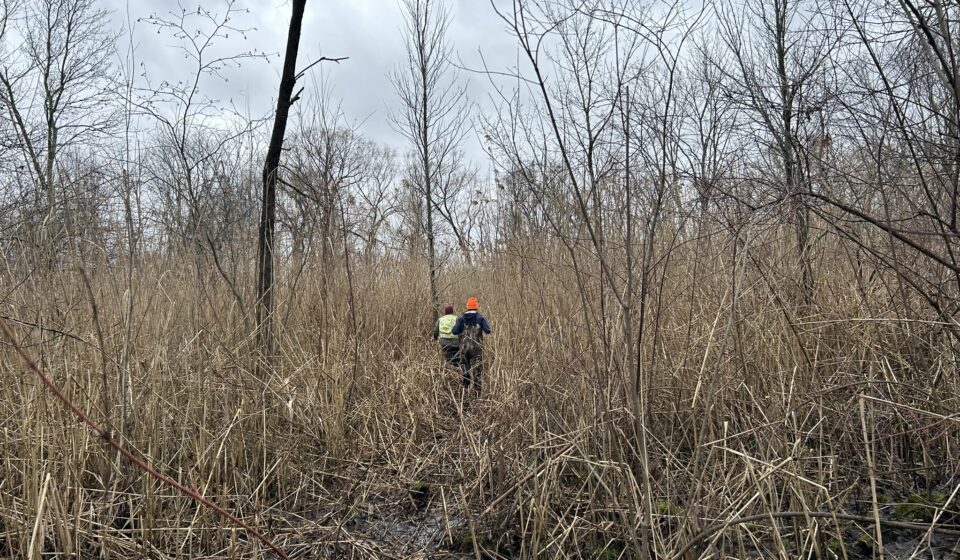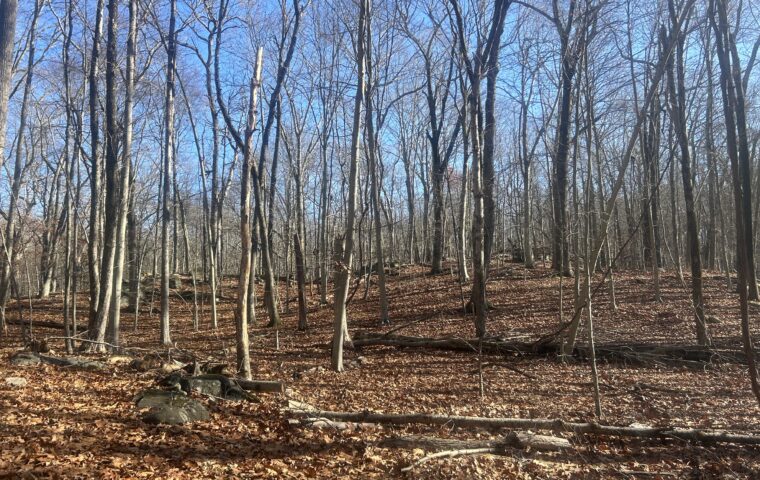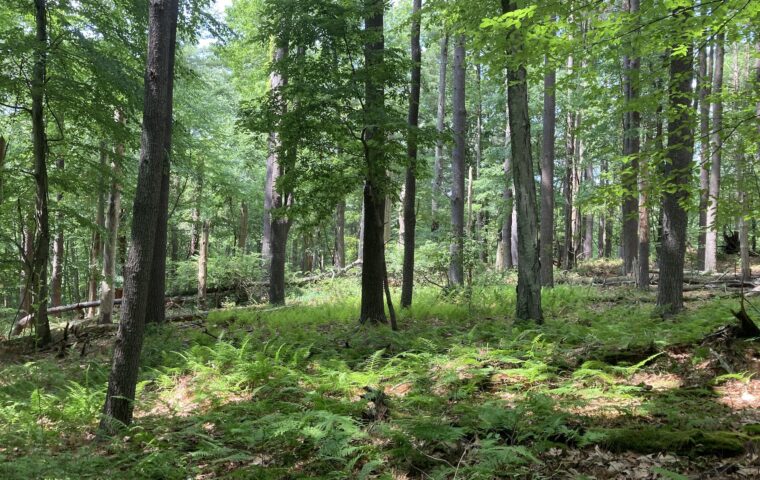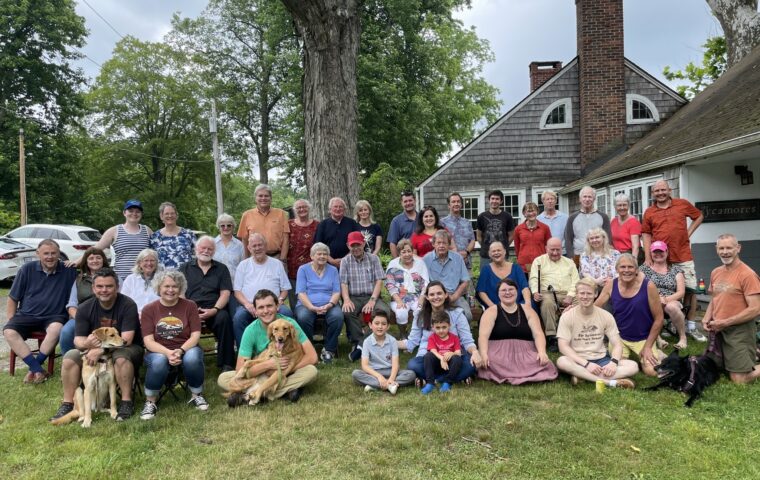
Bedford Hills, NY—Westchester Land Trust (WLT), a nationally accredited land conservation nonprofit headquartered in Bedford Hills, NY permanently protected 40 acres of land in Cortlandt through a donation from the landowner with support from The Nature Conservancy. The property is adjacent to WLT’s McGregor Pond Preserve and increases the size of the preserve to nearly 112 acres.
The newly preserved land is entirely State-protected wetlands and will not have public access. There are two streams on the property that are tributaries to the Peekskill Hollow Brook, which provides drinking water to the City of Peekskill.
“Permanently protecting this land is a significant conservation accomplishment for our community and ensures this critically important habitat will be there to sustain people and wildlife for generations to come,” said Kara Whelan, president of Westchester Land Trust. “We’re grateful to the previous landowner for his vision for the land and to The Nature Conservancy for their financial support getting this deal done.”
According to the DEC’s Hudson River Estuary Program, the enlarged McGregor Pond Preserve is in the top 1% for wetlands protected and top 5% for riparian habitat protected in the estuary. It is also part of a core forest, providing high quality habitat and significant biodiversity of plants and wildlife. More than 50 species of birds are believed to use the property, including the American woodcock and the wood duck. This new acquisition was also listed as one of the highest priority parcels for conservation in the most recent Cortlandt Open Space Plan.
“Knowing that this special piece of land will remain undeveloped as beautiful forest and wetlands forever is a great feeling,” said Steve Warren, president of Albert D. Phelps, Inc. and Yorkcon Properties, Inc., which donated the property to WLT. “We can all make a difference to protect the nature around us and we are pleased to know it will be in good hands with Westchester Land Trust.”
Warren first connected with WLT to discuss conserving the land after being referred to the organization by a local developer. His company owns the Kohl’s shopping center immediately to the north and has held this interior land for decades since its development of what is now the Cortlandt Town Center. During its earlier history, the land was owned by the Franciscan Missionary Sisters of the Sacred Heart.
Protecting wetlands from development provides important ecosystem services, like flood mitigation. To support the acquisition, the Nature Conservancy awarded Westchester Land Trust a Climate Resilience Grant, which supports partners working towards a future where people and nature can thrive.
“This property is incredibly valuable for both wildlife and human needs in the face of a changing climate,” said Stevie Adams, Senior Climate Adaptation Specialist at The Nature Conservancy in New York. “The Nature Conservancy is pleased to support this project so that these lands can continue to store flood waters, remove pollutants from drinking water, and provide a diversity of habitat types for a wide range of plants and animals.”
The Nature Conservancy provided partial financial support for the transaction costs associated with the land donation, as well as the stewardship endowment that will fund WLT’s management efforts at the preserve.
We acknowledge that our region is within the traditional territories of the Lenape people and that their culture and traditions live on today. We strive to incorporate the priorities from Indigenous Peoples and underserved community members into our land conservation practices.
About The Nature Conservancy
The Nature Conservancy is a global conservation organization dedicated to conserving the lands and waters on which all life depends. Guided by science, we create innovative, on-the-ground solutions to our world’s toughest challenges so that nature and people can thrive together. We are tackling climate change, conserving lands, waters and oceans at an unprecedented scale, providing food and water sustainably and helping make cities more sustainable. Working in more than 70 countries and territories, we use a collaborative approach that engages local communities, governments, the private sector, and other partners. To learn more, visit nature.org or follow @nature_press on Twitter.






